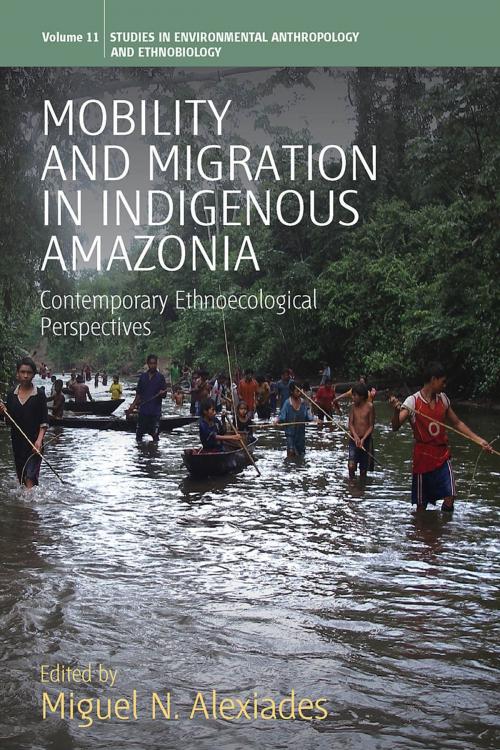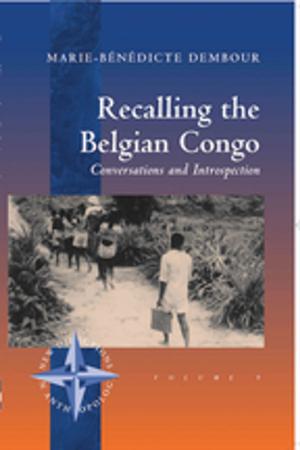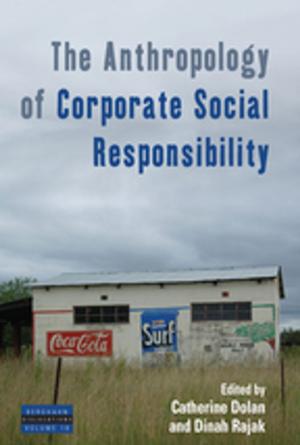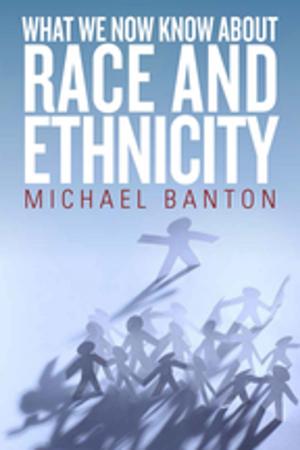Mobility and Migration in Indigenous Amazonia
Contemporary Ethnoecological Perspectives
Nonfiction, Social & Cultural Studies, Social Science, Cultural Studies, Emigration & Immigration, Science & Nature, Nature, Environment, Environmental Conservation & Protection, Anthropology| Author: | ISBN: | 9781845459079 | |
| Publisher: | Berghahn Books | Publication: | April 1, 2009 |
| Imprint: | Berghahn Books | Language: | English |
| Author: | |
| ISBN: | 9781845459079 |
| Publisher: | Berghahn Books |
| Publication: | April 1, 2009 |
| Imprint: | Berghahn Books |
| Language: | English |
Contrary to ingrained academic and public assumptions, wherein indigenous lowland South American societies are viewed as the product of historical emplacement and spatial stasis, there is widespread evidence to suggest that migration and displacement have been the norm, and not the exception. This original and thought-provoking collection of case studies examines some of the ways in which migration, and the concomitant processes of ecological and social change, have shaped and continue to shape human-environment relations in Amazonia. Drawing on a wide range of historical time frames (from pre-conquest times to the present) and ethnographic contexts, different chapters examine the complex and important links between migration and the classification, management, and domestication of plants and landscapes, as well as the incorporation and transformation of environmental knowledge, practices, ideologies and identities.
Contrary to ingrained academic and public assumptions, wherein indigenous lowland South American societies are viewed as the product of historical emplacement and spatial stasis, there is widespread evidence to suggest that migration and displacement have been the norm, and not the exception. This original and thought-provoking collection of case studies examines some of the ways in which migration, and the concomitant processes of ecological and social change, have shaped and continue to shape human-environment relations in Amazonia. Drawing on a wide range of historical time frames (from pre-conquest times to the present) and ethnographic contexts, different chapters examine the complex and important links between migration and the classification, management, and domestication of plants and landscapes, as well as the incorporation and transformation of environmental knowledge, practices, ideologies and identities.















